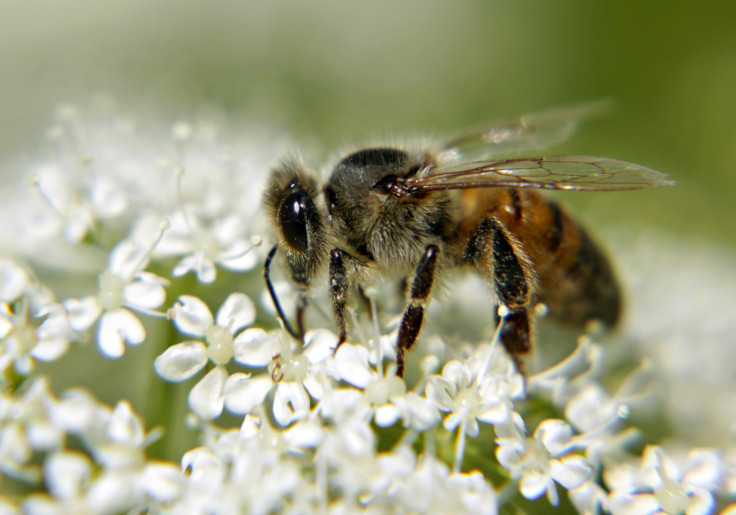Neonics class of pesticides harm wild bees too, affecting crop pollination says study

A pesticide used for seed dressing of rapeseed has been shown to affect wild bees and interfere with their growth and reproduction.
The neonicotinoid pesticide, clothianidin, did not seem to affect honeybees, but wild bees stayed away from the treated rapeseed fields, according to a study by Lund University.
This comes as a confirmation of earlier studies, which were rejected by the UK as bad science.
The researchers point to the findings as serious because wild bees play an important role in pollination of crops.
Wild bees include both bumblebees and solitary bees.
Neonicotinoids are used for seed dressing of rapeseed, to protect the young plants against flea beetles. Since 2013, use of neonicotinoids, or "neonics", has been restricted by the EU for crops that bees are attract to.
Neonics act on the nervous systems of insects, but are believed to pose a lower threat to mammals and the environment.
They are commonly used to coat the seeds of commercially sold plants and cash crops.
"We saw a clear negative impact on growth and ability to reproduce in bumblebee colonies near treated rapeseed fields," said Maj Rundlöf from the University, the coordinator and principal investigator for the field study.
Neonic seed coatings leave behind pesticide content in plants and honeybee nectar years after the treatment, often leading to Colony Collapse Disease when bees desert their colony suddenly.
This was traced following major decline in US bee populations noticed first in 2006. Studies have shown the link but UK, which has rejected the science behind the ban, criticised these for not being conducted in the field.
The UK's Food and Environment Research Agency claimed in a study that neonics are harmful in rare instances only.
Recently, Dave Goulson, a professor of biology at the University of Sussex, has reanalysed the Fera study to say the conclusions drawn are completely contrary to the results section.
Critics point out that most of the studies dismissing the dangers are funded by the agrochemical companies.
The latest study is an independent one with strict controls on the experiment conducted in the field.
The study clearly showed that solitary bees failed to breed near treated fields, while bumblebee colonies grew slowly and produced far fewer queens.
"If we only investigate how a new pesticide affects honeybees, that is not sufficient to predict the consequences for wild bees in a real landscape," said Maj Rundlöf.
Honeybee results appeared little affected, but this could be because the study did not follow the colonies into winter when CCD normally occurs.
The research findings have now been published in the scientific journal Nature.
"The results show that it is inappropriate to use clothianidin on rapeseed," said Thorsten Rahbek Pedersen, project manager at the Swedish Board of Agriculture. "We need alternative preparations and new cultivation methods if we are to continue growing spring rapeseed in Sweden."
Swedish agricultural scientists are testing new methods of dealing with flea beetles.
© Copyright IBTimes 2024. All rights reserved.





